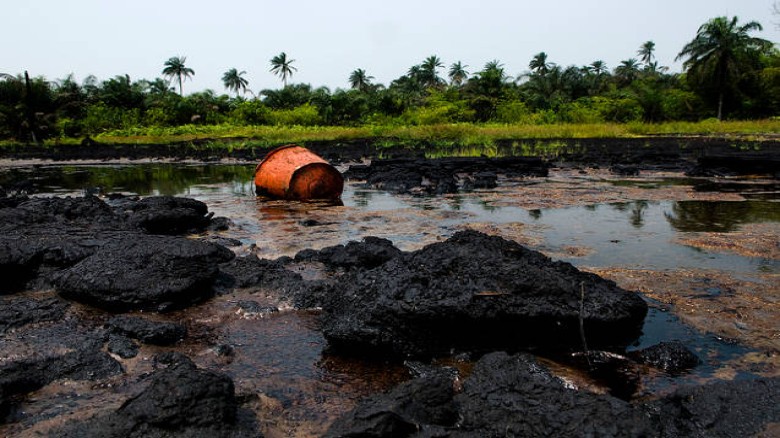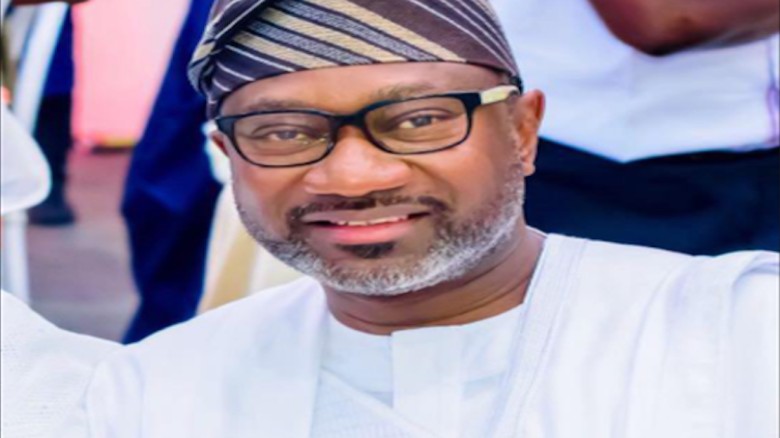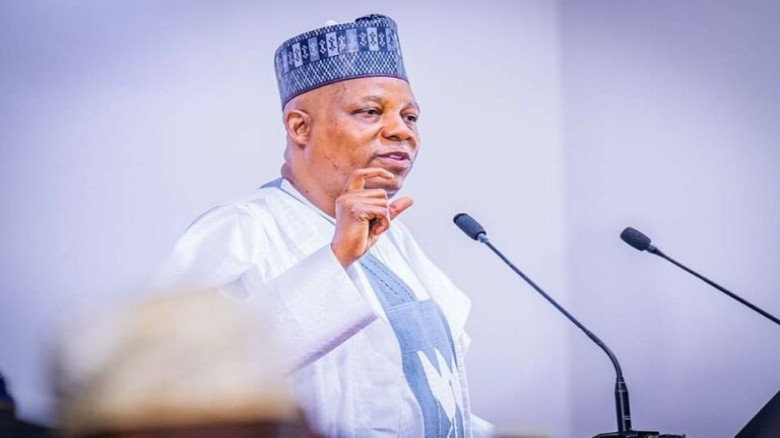Nigeria to phase out diesel, embrace hybrid energy — Shettima
Nigeria plans to phase out diesel and adopt a hybrid energy system, according to Vice President Kashim Shettima. This initiative aims to reduce carbon emissions and promote climate-resilient infrastructure.During the Decarbonising Infrastructure in Nigeria Summit in Abuja on Wednesday, Shettima stated that transitioning to clean energy is now a crucial economic requirement, not just an option.
“Nigeria can no longer create outdated infrastructure for the future,” he stated. “Taking climate action is a strategic necessity. If our climate objectives do not align with our developmental realities, we risk being left behind.”
He mentioned the Onne Port project as a key example of the nation’s green aspirations. Negotiations are underway with private investors to invest approximately $60 million to electrify the port, making it Nigeria’s inaugural green port. “This will eliminate the reliance on diesel, lower carbon emissions, and ensure continuous access to affordable power,” the Vice President noted.
Shettima pointed out that sectors related to infrastructure, such as energy, transport, urban development, and agriculture, are responsible for 75% of the country's greenhouse gas emissions. With agriculture providing for 70% of rural livelihoods, this adds to the significance of the situation.
“Decarbonising these sectors is no longer optional. It is essential for shaping our future. If executed properly, we can create 1.5 million green jobs by 2035 and unlock new opportunities in clean energy and climate-smart agriculture,” he explained.
He stressed that achieving climate goals requires tangible investments. “We are not here to dream. Our purpose is to finance, manage risks, and build. The vision for Nigeria cannot rely on diesel generators and malfunctioning power grids.”
The summit, titled “Unlocking Climate Finance for Sustainable Development,” was highlighted by Shettima as timely, given the urgent need for the country to move away from carbon-heavy growth practices while not neglecting vulnerable communities.
Dr. Nkiruka Maduekwe, Director General of the National Council on Climate Change, emphasized Nigeria's susceptibility to climate change despite its low carbon footprint. She advocated for the extensive use of smart agriculture, renewable energy, and enhanced land management to strengthen resilience.
Musaddiq Mustapha Adamu, Special Assistant to the President on Subnational Infrastructure, reiterated the government’s dedication to inclusive climate initiatives. “This summit addresses more than just emissions. It focuses on equity, survival, and constructing infrastructure that instills hope,” he stated.
This event signifies a pivotal advancement in Nigeria’s efforts to achieve its net-zero emissions goal by 2060, in accordance with the country’s Energy Transition Plan and Climate Change Act.
























Leave A Comment